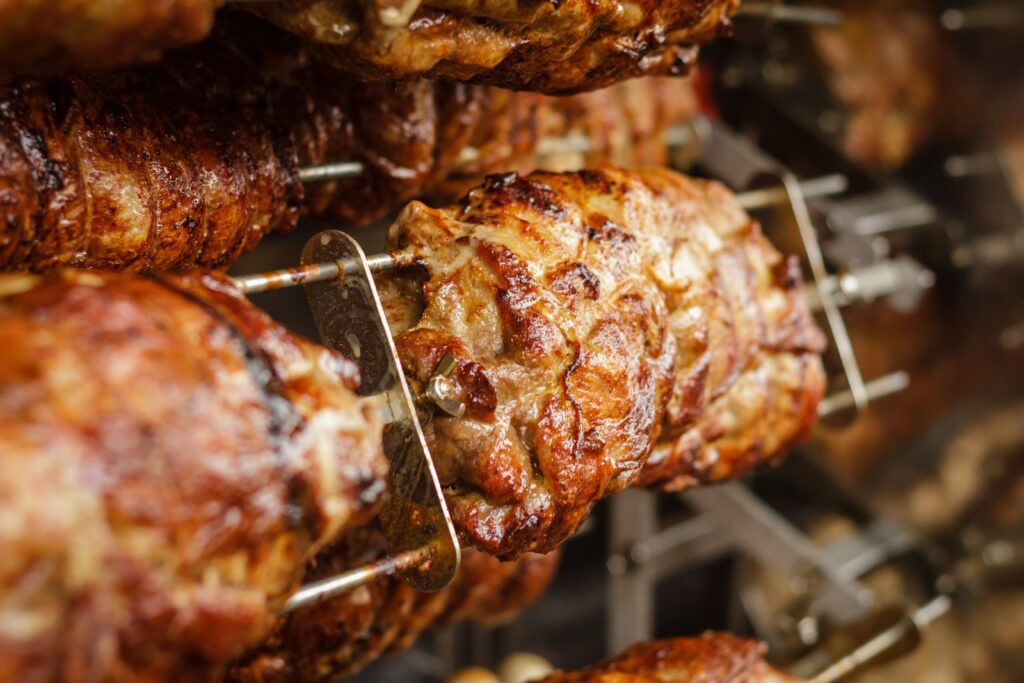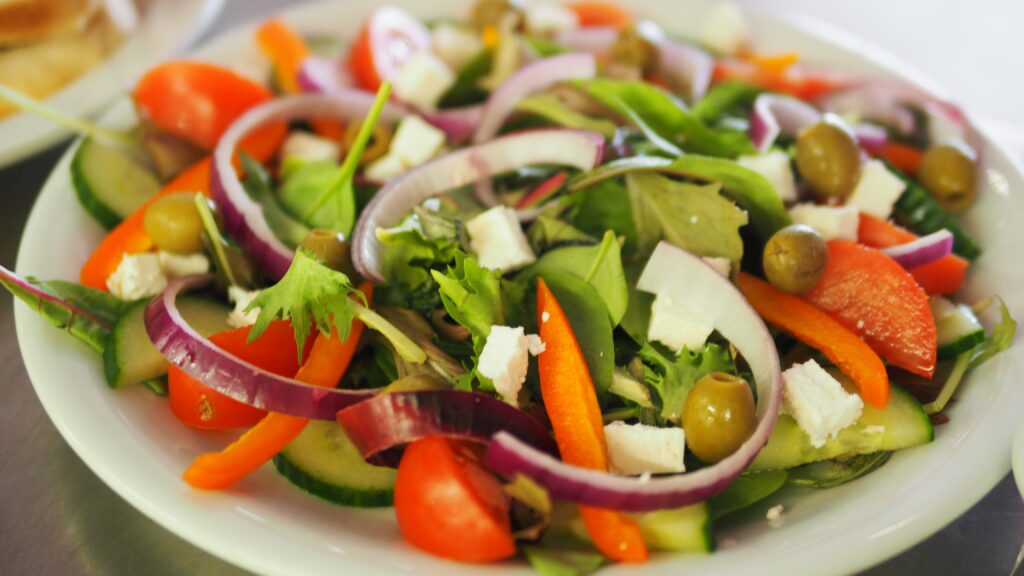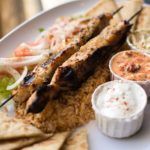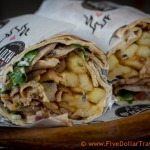Greece is undoubtedly a much sought-after destination for travellers around the world. The first quarter of 2023 saw a total of 2.5 million foreign tourists in Greece, while air arrivals almost doubled compared to the numbers recorded in 2019. A total of 1.4 million international arrivals were registered in Greece in the first three months of this year, surpassing the figures of the corresponding period of last year — an 87.5% increase. Similarly, according to a recent survey from AirDNA, Greece registered the third most significant increase in bookings in Europe, accounting for a 96% increase in overnight stays from the previous year.
Undoubtedly, many aspects of Greece and its islands appeal to tourists, from golden sunsets on Mediterranean beaches to the historical lure of sites from ancient Greek times. At the same time, Greece is also home to many delicious dishes, becoming a hot spot for food tourism among curious travellers. If you’re planning a food travel to the islands sometime in the future, this post is for you. Below, we’ll look at some tips for making the most out of your Greek food trip:
Catch Greek food festivals

Photo by Pixabay: https://www.pexels.com/photo/barbecue-bbq-beef-brown-236887/
Greece has its fair share of cultural and exciting food festivals. For tourists who may not have specific foods and dishes in mind that they want to try, food festivals are a great start. Booking a holiday to Greece means you won’t just experience beautiful sunsets and historical sites. Aside from its diverse landscape, the Greek islands also serve delicious food, from sun-ripened fruits and vegetables to meat grilled over an open fire. Best of all, the Greeks are known for celebrating important holidays like Easter and the Virgin Mary with food and music through festivals.
Visiting food festivals in Greece is a great way to expose yourself to a little bit of everything. The Lentil Festival — celebrated in the mountain village of Egklouvi — is great for tourists who love the small legumes. The festival is also known for its folk dances, songs, and lots of wine. For more adventurous travellers, The Panhellenic Mushroom Festival is a great festival with a camping site where participants can eat mushroom delicacies like mushroom pickles, mushroom liqueur, mushroom nougat, and mushroom jams. If you want to explore their cuisine, consider these festivals for something unique to your holiday.
Research Greek foods beforehand

Photo by Chan Walrus: https://www.pexels.com/photo/vegetable-salad-on-plate-1059905/
Alternatively, if you’re more of a planner and want to stick to a predetermined itinerary for your food trip, it’s best to take the time and do your due diligence by researching beforehand. As previously mentioned, Greece is home to many delicious and unique dishes. Our previous post highlighting what to eat in Greece is an excellent starting point if you’re coming in blank. You may have tried gyros in local Greek restaurants in your country, but trying the real deal may be a new and different experience entirely. For cheese lovers, the saganaki is a must-try fried cheese dish that can be made with shrimp, mussels, and tomatoes.
By researching specific Greek foods you want to try, you’ll have a clearer idea of where in Greece you should go and book accommodations. If you’d like a travel planning challenge, you can also plan out a full-course Greek meal day by researching appetisers, main dishes, and desserts Greece is known for, and maybe cap off the night with some fine local wine by the beach. Of course, doing your research can also prevent tricky food travel situations with allergies, budgeting, and scheduling.
Treat it as a learning experience
Finally, you should approach your Greek food trip with an open mind — not just to taste and eat all the great local food but also to learn. While eating is undoubtedly an essential element of going on food trips,
you’ll be surprised what interesting stories and anecdotes you can learn about Greece, its culture, and its history through food alone. National Geographic’s piece on the moussaka is an excellent example of this, in which different researchers, writers, and food experts debate the true origins of Greece’s supposed national dish.
On your Greek food trip, focus on eating the food and learning about each dish — its ingredients and how its ingredients come to be on your plate. You might discover an interesting new recipe you can try at home or something interesting about the village, town, or city you’re visiting. It’s also a great time to engage with locals on your travels. Learning from and about the different foods you eat will also help make your food trip more memorable and meaningful.
BIO:
Glenda Thompson is a freelance writer and blogger with an appetite for diverse cuisines and cultures. From Asian street delicacies to wines in European vineyards, Glenda is fascinated by the intersections between food and culture. When not busy writing, Glenda enjoys going through her paint-by-number kits collection



